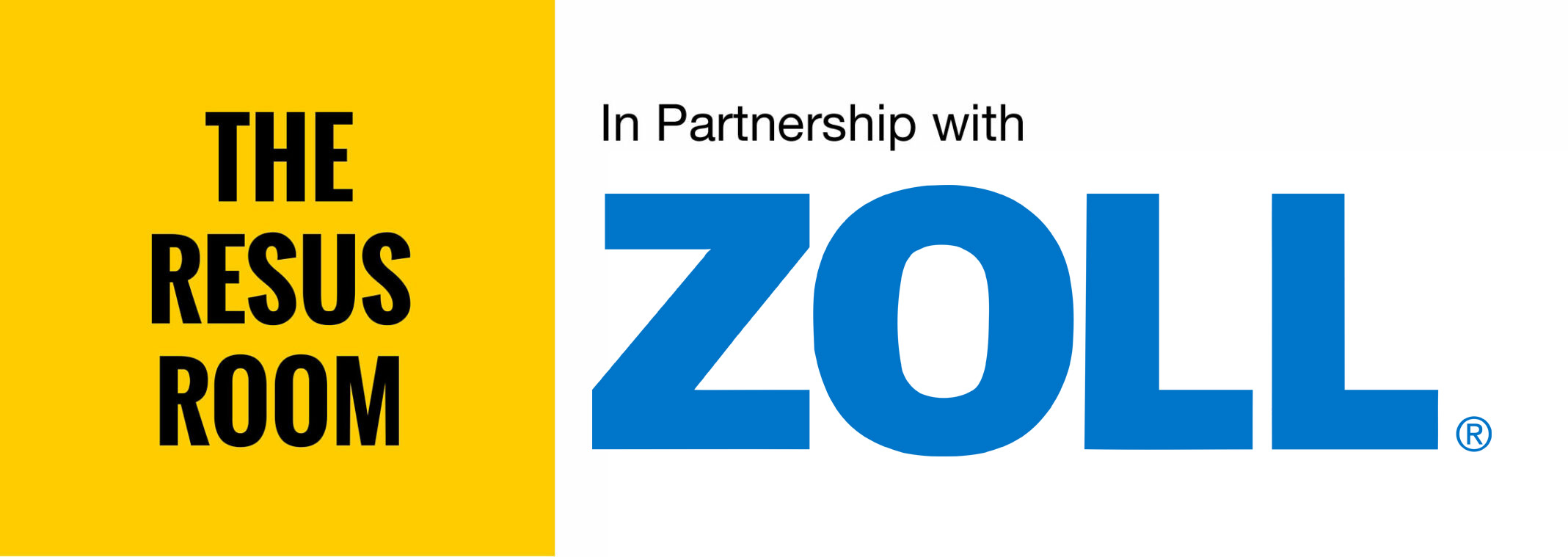If you live in the UK you may be fooled in to thinking that Heat Illness isn’t really something we need to worry about…but you’d be wrong! Each year there are 800 deaths due to Heat Illness and figures in more temperate climates are significantly more.
In this podcast we tackle the topic of Heat Illness, all the way through Heat Cramps, Heat Syncope, Heat Exhaustion and to Heat Stroke.
We’ll cover the following;
- Definition, clinical spectrum and categories
- Scale of the problem
- Thermoregulatory physiology
- Impact of hyperthermia
- Clinical findings
- Those at greatest risk
- Acclimatisation
- Differentials
- Management
As always we’d love to hear any thoughts or comments you have on the website and via twitter, we look forward to hearing from you, and most importantly, we hope we haven’t missed the summer heat wave…!
Enjoy
References
Heat related illness; RCEMLearning
Heat stroke: implications for critical care and anaesthesia. Grogan H. Br J Anaesth. 2002
Clinical review: Treatment of heat stroke: should dantrolene be considered? Hadad E. Crit Care. 2005

